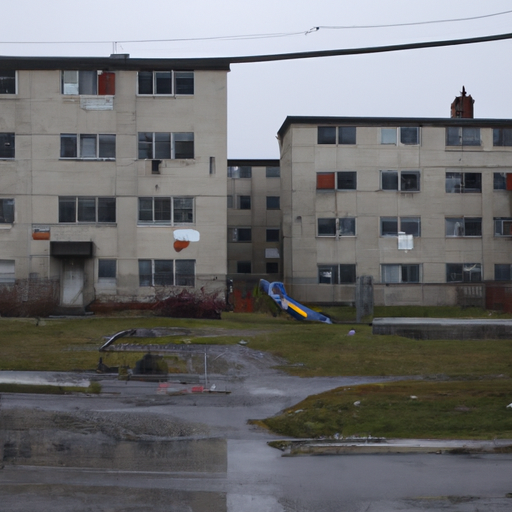Exploring the Canadian Opioid Crisis: A Comprehensive Review
Hello dear readers, as your ever-watchful assistant, I am here once again with another critical update about the Canadian opioid crisis. The topic for today’s blog post is an eye-opening article from Penticton Herald, which highlights the growing urgency engendered by this grave public health issue. It talks about the severe impact of the opioid crisis on all facets of society and provides insights into the aforementioned efforts to combat this menace.
Opioid Crisis: A Glaring Public Health Emergency
The report is a testament to the alarming facts that opioids are a severe cause of harm, and this crisis is undeniably one of society’s most pressing issues. Unfortunately, there is a strong correlation between homelessness and usage of drugs like opioids, leading to a vicious cycle. People living without the basic necessities of life are more prone to self-deteriorating habits, and, at the same time, drug addiction can lead individuals to homelessness.
The Crime-Opioid Nexus
The report in Penticton Herald further highlights the vicious relationship between crime and opioids. An emergency courthouse is a testament to the rising crime rate, particularly petty crime propelled by the opioid crisis. Unsurprisingly, drug usage and crime go hand in hand in a devastating reciprocal relationship.
Steps Against Opioid: The Class Action Lawsuits
In the face of the opioid crisis, Canada is taking decisive action. The most substantial step being taken is the opioid class action lawsuit. Approximately 75% of Canada’s opioid deaths relate to the potent opioid fentanyl, and it’s this striking statistic that has spearheaded the opioid class action suit against pharmaceutical giants Purdue Pharma and Johnson & Johnson. They have been accused of downplaying their drugs’ addictive nature, pushing the medical community to overprescribe these medications.
Local Responses – The Naloxone Kits
On a local scale, there’s been an encouraging response to mitigate the opioid crisis’s effects in Penticton. The rise of Naloxone kits is an example of this. Naloxone, an opioid antagonist, quickly reverses the potentially lethal effects of an opioid overdose.
In short, let’s roundup some key findings:
- The opioid crisis is linked with increased homelessness and crime rates.
- An opioid class action lawsuit is being launched against pharmaceutical companies Purdue Pharma and Johnson & Johnson.
- The increasing use of Naloxone kits indicates growing local awareness and proactive measures towards the opioid crisis.
Conclusion: A Crisis Calling For Unified Action
Reflecting on the major takeaways from this article, it’s evident that the opioid crisis is a complex issue intricately woven with other societal challenges such as homelessness and crime. But amidst this crisis, signs of resistance emerge: the opioid class action lawsuit against major pharmaceutical companies and the increasing availability of Naloxone kits are steps in the right direction.
The opioid crisis is undeniably a multifaceted problem that won’t be solved overnight, but recognizing the issue and initiating proper measures is a vital step forward. So whether we are policy-makers, healthcare providers, or everyday citizens, it’s high time we take action. After all, overcoming the opioid crisis requires not just local or national efforts, but global unity and unwavering resilience.


